|
Richard Hunn (Wen Shu) was NOT keen on any notion of ‘Transmitting’ the Ch’an Dharma. This coincided with his attitude of NOT wanting to be associated with any particular University, Publisher or Dharma Group, etc. I agree with this approach. Dogma, idealism and superstition has nothing to do with genuine Chinese Ch’an Buddhist practice. What an individual does with their mind (and body) regarding attitudes and opinions held concerning life, politics, culture or everyday activities – has absolutely NO interest for the genuine Chinese Ch’an Master! This attitude is encountered time and again throughout the Tang, Song, Yuan, Ming and Qing Dynasties Ch’an writings of Imperial China – with Master Xu Yun (1840-1959) carrying-on this attitude into the post-1911 era of ‘modern’ China! Obviously, I have NOTHING to transmit. Teaching is simply taking the conditions that already exist – and turning the awareness of the enquirer back toward the ‘empty mind ground’ from which all perception arises (and ‘returns’ according to the Chinese Ch’an tradition) - this is a ‘transmission’ in a general sense – but such an interaction cannot be interpreted as an individual in the West being granted ‘Transmission’. Within Chinese culture, such ‘Transmission’ was Confucian in origin and often travelled within birth families and specific name clans – very seldom (if ever) was a ‘Transmission’ initiated ‘outside’ the family (as ‘outsiders’ could not be trusted to use the family secrets of spirituality, science and martial arts properly). Later, when the ‘Transmissions’ of (related) ‘Father to Son’ was adjusted to accommodate (non-related) ‘Masters to Disciples’ - outside ‘Transmissions’ (separate from the Confucian birth-process) was developed. This is the agency of continuation from generation to generation preserved within the Chinese Ch’an tradition. Birth-relationship is replaced with a ‘strict’ attitude of ‘respect’ and the maintaining of ‘good’, ‘correct’ and ‘appropriate’ decorum, behaviour and deportment. Even within ‘modern’ China – this is a difficult interaction to a) perform and b) achieve. The standards for keeping the mind and body permanently ‘clean’ night and day and is often viewed as being far too difficult for the average individual to meet. As ‘Transmission’ is NOT a game and given that ‘Transmission’ within the Chinese Ch’an tradition is NOT the same as ‘Transmission’ within the Japanese Zen tradition – it is obvious that when the Chinese Ch’an tradition ‘flows’ into the West – it is NOT the case that ‘Transmission’ can easily be applied. The empty mind ground must be ‘realised’ (not an easy task) and ‘maintained’ in every situation (an even more unlikely achievement). I have experimented with ‘Transmission’ in the West – but have found that as soon as the event unfolds – an IMMEDIATE ‘dropping away’ of all interactive effort, respect and continuation occurs. This means that the crucial and inherent energy is diminished, sullied and obscured - and the Ch’an lineage loses its clarity, understanding and ability to ‘free’ others. This explains ‘why’ I have eventually WITHDRAWN all so-called ‘Transmissions’ as a means to emphasis the recorded activities of the Chinese Ch’an Masters – written down in China and translated into English by Charles Luk [Lu Kuan Yu] (1898-1978). Granting Chinese language Dharma-Names and formally ‘Welcoming’ individuals into the ‘Lineage’ - does NOT constitute a ‘Transmission’. As helping others is a key element of the Bodhisattva Vow – I do NOT wish to inadvertently ‘damage’ the Chinese Ch’an tradition entrusted to me – by generating what amounts to a ‘dysfunction’ of transmission.
0 Comments
This are practices within Chinese Buddhist traditions and were emphasised by Master Xu Yun (1840-1959) - particularly as a means to eradicate any corruption that had arisen in various monastic communities – either in essence or in practice. Master Xu Yun taught that all Ch’an monastic communities must be ‘non-attached’ to events of the world and hold no overt political opinions. As the Buddha-Dharma is beyond such changing conditions – there should be nothing that delays a monastic cultivating enlightenment in the world and adjusting themselves to circumstance. It is the Dharma that is paramount and not the expedient world (which passes across the surface of the mind like so many substanceless clouds). Fighting for justice in the world is really defending the Dharma in all situations. This must be achieved through Dharmic methods that are free of greed, hatred and delusion. Whereas the Roman Catholic Church in China refused to subordinate itself to the ‘new’ Chinese government in 1955/1956 (causing all kinds of trouble amongst the people) - Master Xu Yun firmly stated that the Chinese Buddhist establishment must never oppose the Chinese government and align itself with ‘foreign’ movements that do not have the best interests of the Chinese people as their guiding ideology! How is this attitude achieved? Master Xu Yun stated that the ‘Fivefold Mediation’, the ‘Three Cumulative Conditions’ and the ‘Ten Prohibitions’ must be correctly cultivated so that there is no doubt: The Fivefold Meditation Consists of the following profound achievements: 1) The ‘Real’ is directly realised as the ‘Empty Mind Ground’ (noumenon). 2) The ‘strength’ and ‘purity’ of such insight ‘wipes-out’ all transient phenomena. 3) The realisation of an all-embracing wisdom equals the perfect ‘integration’ of ‘form’ (phenomena) with ‘void’ (noumena). 4) Within this enlightened reality is the inherent element of infinite compassion for the liberation of all beings. 5) This infinite compassion is permeated with universal kindness for all beings. (Much of this Ch’an approach is maintained in the Brahmajala Sutra – the Sutra of the Bodhisattva Rules). The Three Cumulative Conditions: 1) Do no evil in word, deed or thought. 2) Do only good in word, deed and thought. 3) Continuously benefit all sentient beings in word, deed and thought. (Distillation of the Bodhisattva Vows). The Ten Prohibitions:
1) Not to take life. 2) Not to steal. 3) Not to commit adultery. 4) Not to lie. 5) Not to take intoxicating liquor. 6) Not to take food out of regulated hours. 7) Not to use garlands or perfumes. 8) Not to sleep on high or broad beds. 9) Not to witness or participate in sing or dancing. 10) To refrain from handling minted (or non-minted) gold. (This is a condensation of the Vinaya Rules) English Language Reference: Charles Luk: Empty Cloud, The Autobiography of the Chinese Zen Master Xu Yun, Edited by Richard Hunn, Element, (1988), Pages 198-201 Dear David
Thank you for your interesting question. Biography of Ven. Yin Guang (Chinese) https://baike.baidu.com/item/印光法师/10945693?fromtitle=印光大师&fromid=232596 In this general (standard) biography of Ven. Yin Guang - there is no mention of martial arts training. I cross-referenced this research with the following two alternative biographies of Ven. Yin Guang: http://fodizi.net/fojiaogushi/23420.html https://www.sohu.com/a/438399677_385282 Again, there is no reference of martial arts practice. However, sometimes martial arts practice is so obvious, familiar and run of the mill in China that biographers sometimes do not think to include it in biographies. Ven. Yin Guang was very ill and bedridden in his teenage years - where he studied Confucian texts with his brother. He does not seem to have had the strength in his youth to have practiced martial arts. The question is whether he learned martial arts later in his life? Master Xu Yun (1840-1959) had a number of students who practiced Shaolin martial arts (Master Ti Guang, Master Hai Deng and Master Shao Yun, etc). I suspect there were many more, and my friends in China state that Master Xu Yun practiced a 'higher' form of martial arts but forbade anyone from talking about it! Perhaps a similar situation exists for Master Yin Guang - a teacher who was highly respected by Xu Yun! Best Wishes Adrian Master Xu Yun (1840-1959) inherited all Five Schools of Ch'an Buddhism. So respected was his spiritual attainments that he was even transmitted lineages that he had not formally trained within - but whose teachers recognised that his depth of insight, humility and compassion fully equalled the divine levels of attainment that their schools demanded! In other words, without going out of his room, he knew all things (to quote the 'Book of Changes'). Chinese culture is very different to that of the modern West - despite the obvious similarities and intersections. Within the schools of Chinese spirituality - individuals can live very long periods time - and lineages can be passed from long-dead Masters to living Teachers and Practitioners! There is no need to justify any of this, it is just how things are - pure and simple. Lineages are like streams that flow into mighty rivers and then the sea! A genuine lineage should have a compelling force all of its own that propels adherents toward the intended spiritual goal! A true lineage is like an ever-moving conveyor-belt that moves everything along - continuously - and in the same direction! We must all set a good example for our colleagues, students and descendants! If we cultivate virtue and set a good example - then by our pure actions we are 'adding' momentum to the lineages we represent!
Avoiding the Ten Evil Acts (Dasa Akusala)
A) The Three Evil Acts Associated with the Bodily-Action: 1) Killing 2) Stealing 3) Adultery B) The Four Evil Acts Associated with Speech: 4) Lying 5) Slander 6) Harsh Words 7) Profitless Talk C) The Three Evil Acts Associated with the Mind: 8) Greed 9) Hatred 10) Delusion As Buddhism is a Form of Mental Hygiene – the Following Must Be Uprooted through Meditation: 1) Greed (Abhijjha), 2) Hatred (Vyapada), 3) Ill-Will (Kodha), 4) Enmity (Upanaha), 5) Belittling (Makkha), 6) Pretension (Palasa), 7) Envy (Issa), 8) Jealously (Macchariya), 9) Hypocrisy (Maya), 10) Craftiness (Satheyya), 11) Obduracy (Thambha), 12) Vieing (Sarambha), 13) Conceit (Mana), 14) Haughtiness (Atimana), 15) Infatuation (Mada), and 16) Unheedfulness (Pamada). As these ‘darken the mind’ they must be ‘uprooted’. Ten Moral Acts (Dasa Kusala) 1) Giving (Dana), 2) Moral Conduct (Sila), Meditation (Bhavana), 4) Respecting the Worthy (Apacayana), 5) Ministering to the Worthy (Veyvavacca), 6) Offering Merit (Pattidana), 7) Partakingbof Merit (Pattanumodana), 8) Hearing the Teaching (Dhammasavana), 9) Teaching the Dhamma (Dhamma Desana) and 10) Rectification of False Views (Ditthijjukamma). The reality of living in the material world is entirely a matter of casual circumstance. Most people make their way through life in any way they can, regardless of the inherent conditions (good, neutral or bad, etc). The Ch’an masters in the old days were very strict and did not care whatsoever about casual circumstance. Their main emphasis was only to direct the attention ‘inward’ so that the empty mind ground can be fully cognised and integrated with. There is no gossip or discussion tolerated about the nature of the times, with only ‘looking within’ viewed as a valid approach to existence. The Ch’an masters advised that we must ‘adjust ourselves to circumstance’, whilst the mind is turned inward and the interior of conscious awareness illuminated through continuous concentration. This is the essence of the Buddha’s method. Master Xu Yun (1840-1959) lived an extraordinary life and was involved in very important times in historical development, but he was continuously ‘indifferent’ to what was happening around him, whilst taking every ‘correct’ action that was required at the time. Looking within with strength and purpose is not a denial of material reality, but is the acknowledgement of the Buddha’s method. The Ch’an method is nothing but the direct realisation of the empty mind ground so that it becomes the place of permanent abode – an abode which generates loving-kindness, compassion and wisdom! This picture featured Richard Hunn with his young daughter in the UK (provided by his widow Taeko), and was taken during the 1970s. Charles Luk died in late 1978 (aged 80 years old). There are very few photographs of Charles Luk - Upasaka Lu Kuan Yu - in the public domain, but here we see a picture of him in his later years. Of course, Master Xu Yun (1840-1959) looks down upon the family from a photograph affixed to the wall.
Around 14 years ago, I came into contact with the 'Sad Monk' (Qiao Seng) on a discussion forum regarding the exploration of Chinese Ch'an and Japanese Zen. I soo received an A4 envelope in the post from the United States containing 11 unique works of hand-painted artwork - included (above) a portrait of Master Xu Yun (1840-1959). The other pictures appear to be representations of the 10 Ox-Herding pictures. I have kept these masterpieces safe over the years, as I have moved from one living space to the next, but now feel the time is right to share them through a public space. Please respect the sanctity of these images and enjoy them in this gallery without removing or copying. This is out of respect for the artist - 'Qiao Seng' (Scott Martinez) and his original good intention. May all beings be happy and free from suffering!
|
Archives
March 2024
Categories
All
|
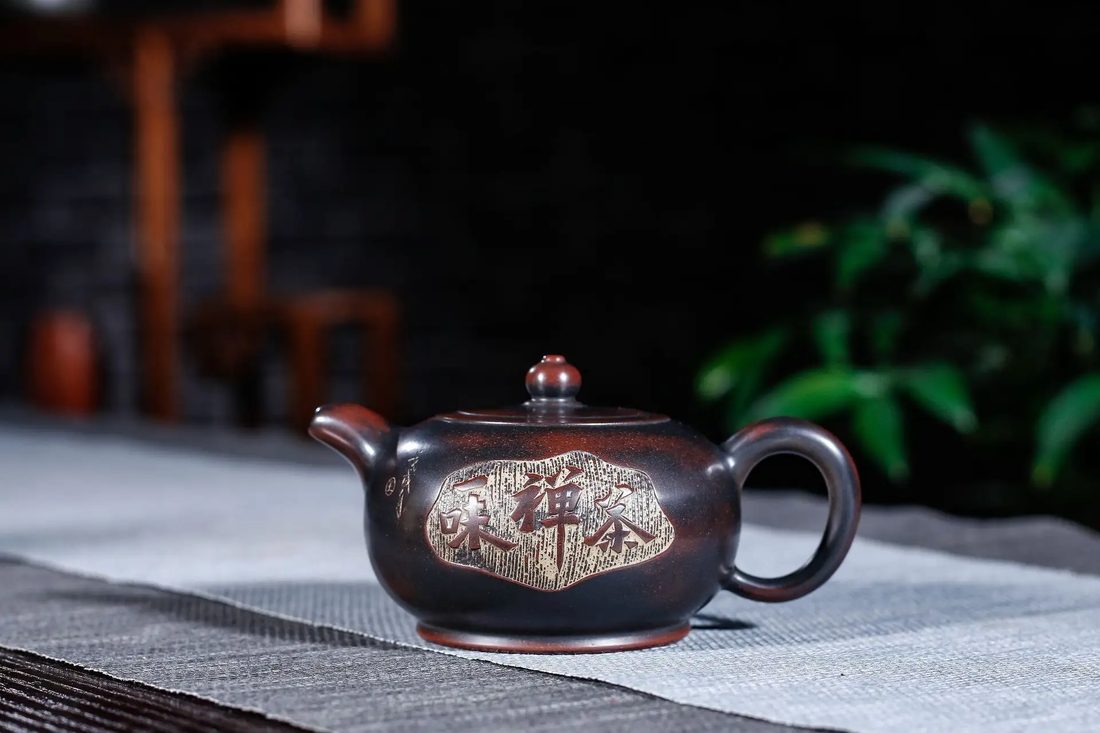
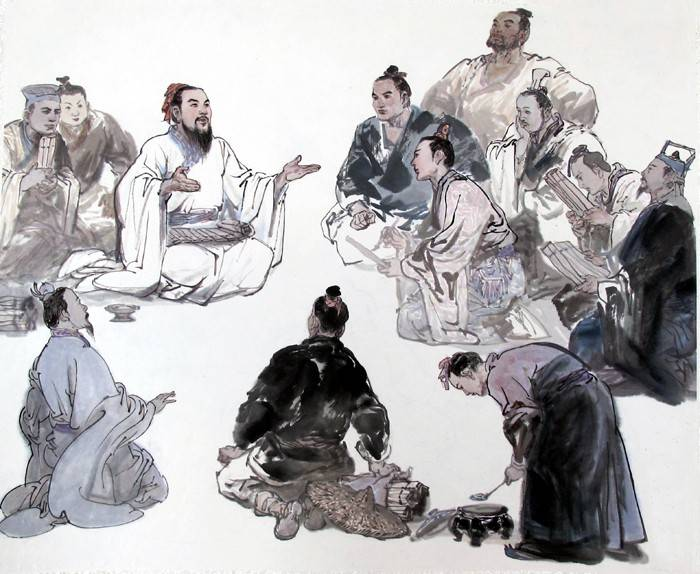
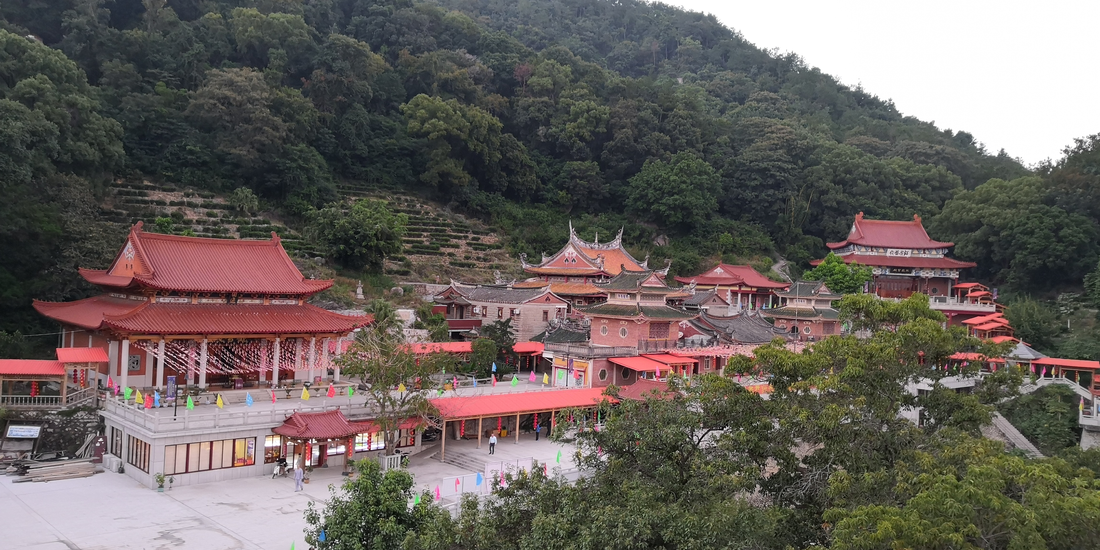
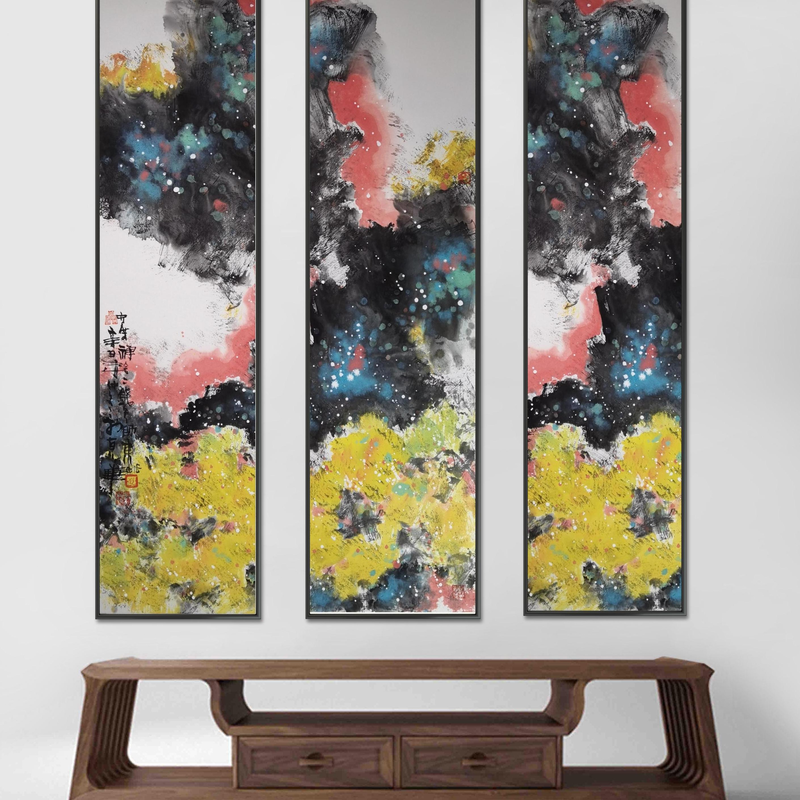
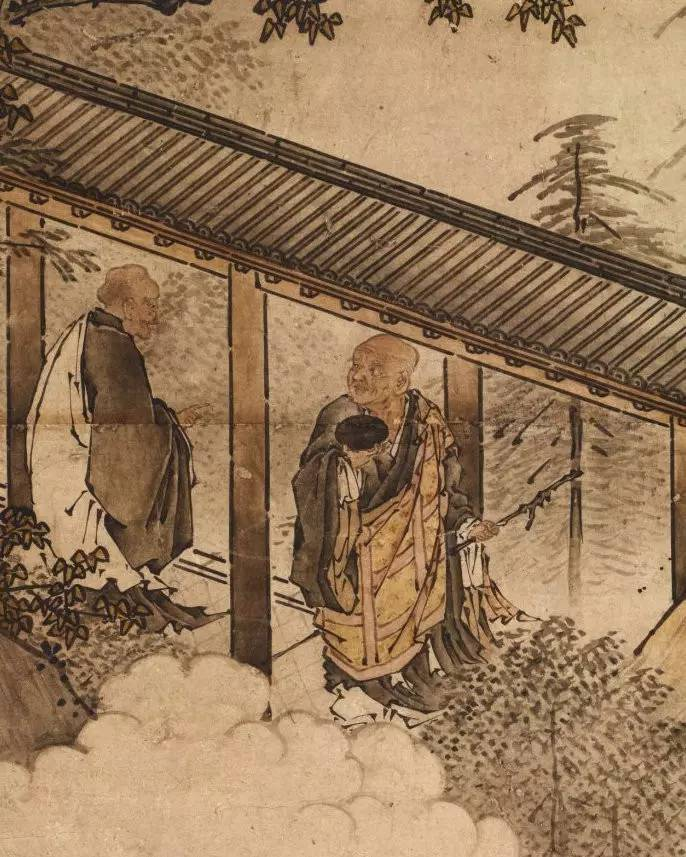
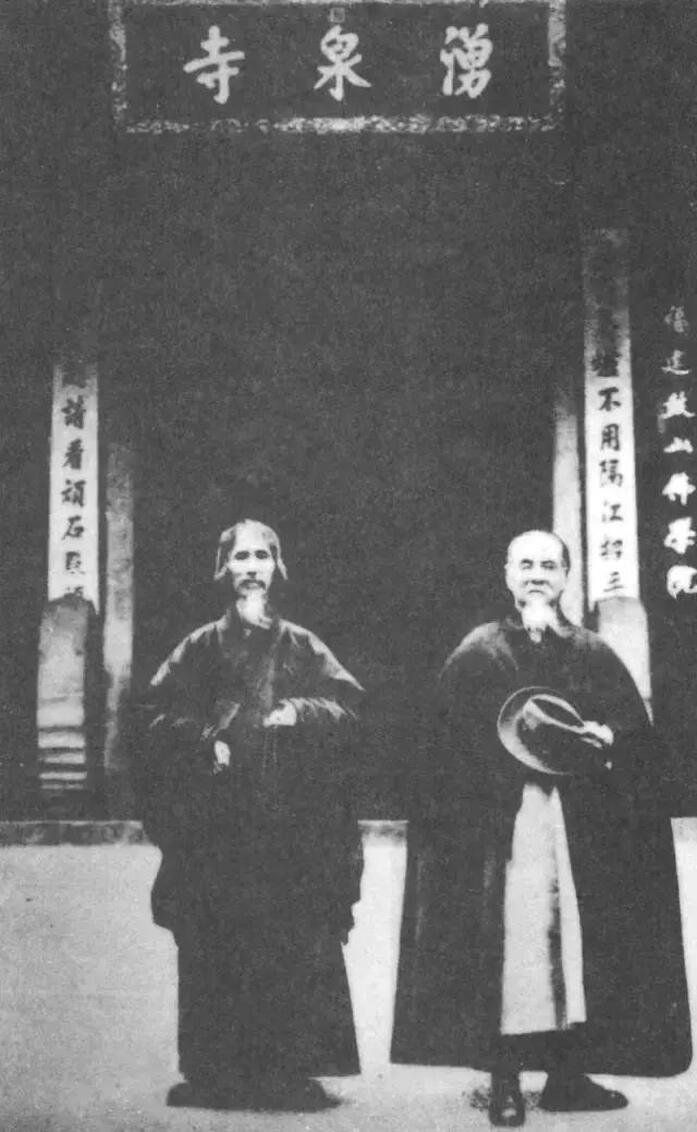
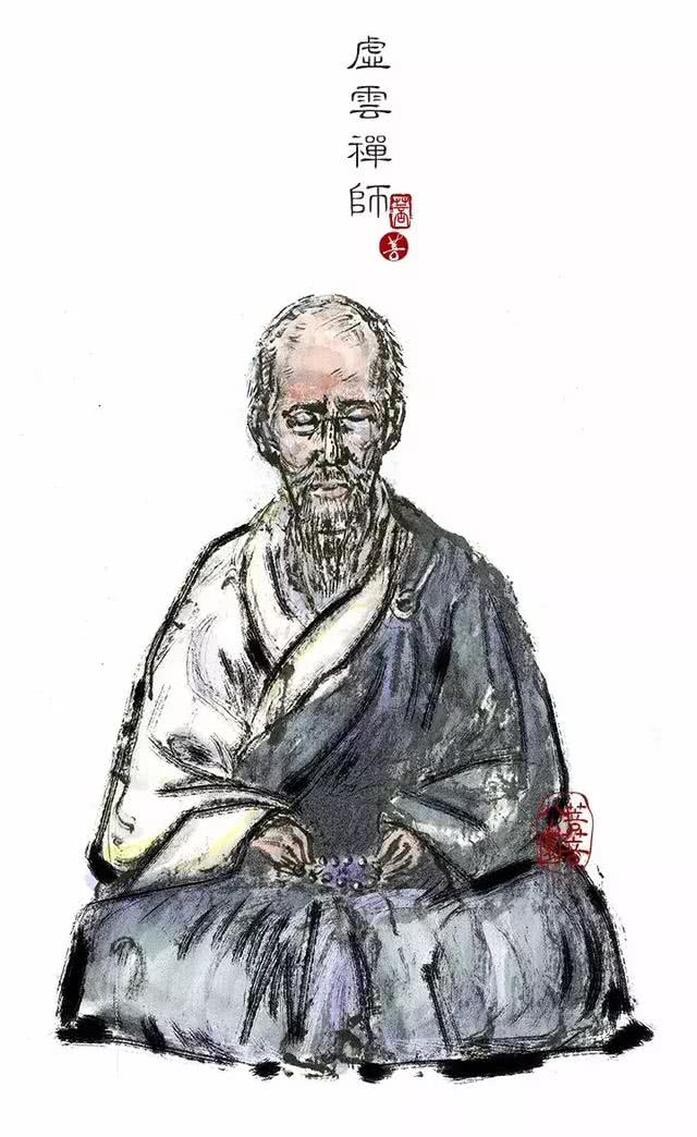
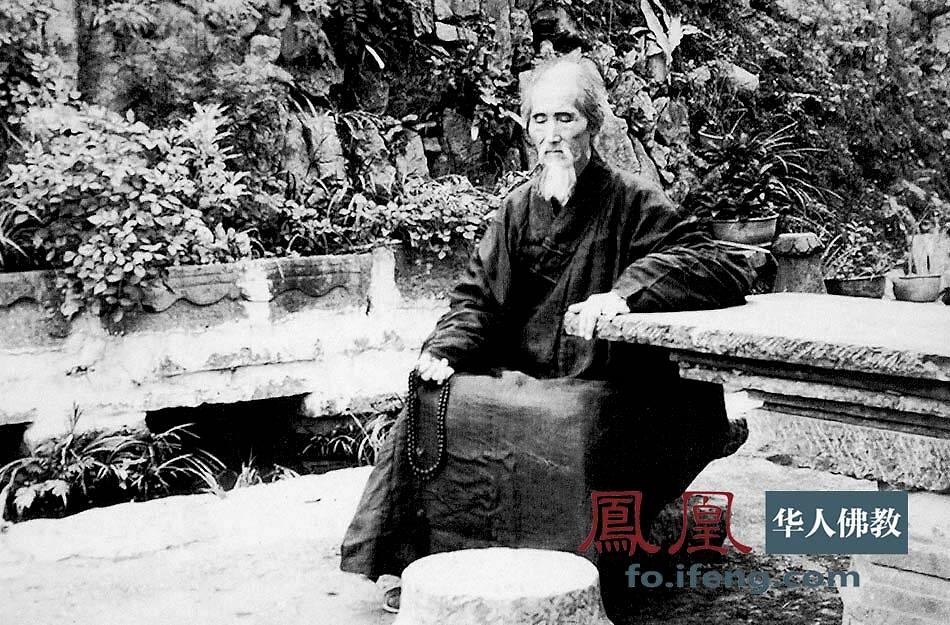
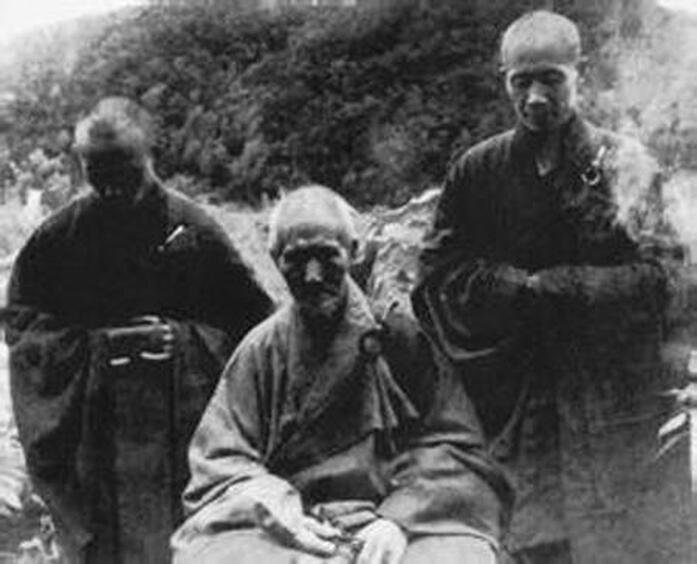
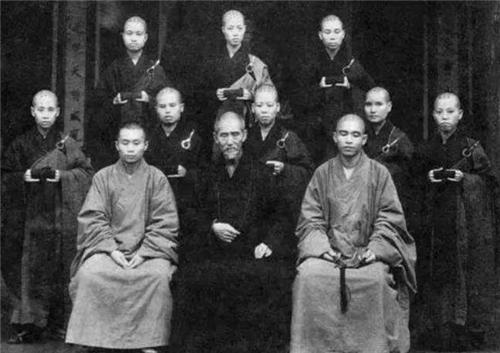
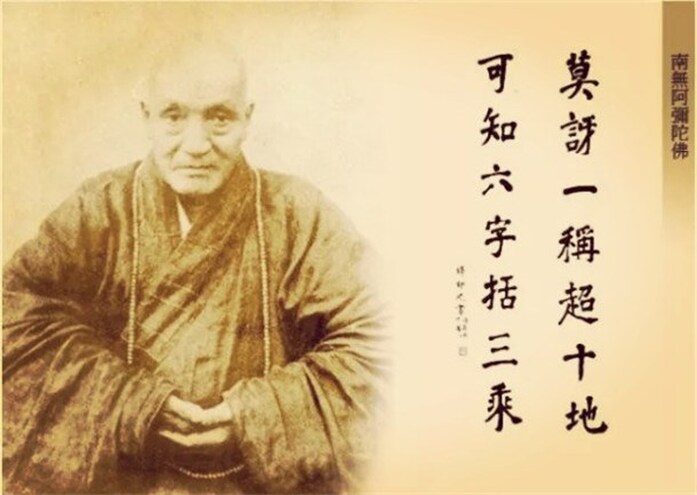
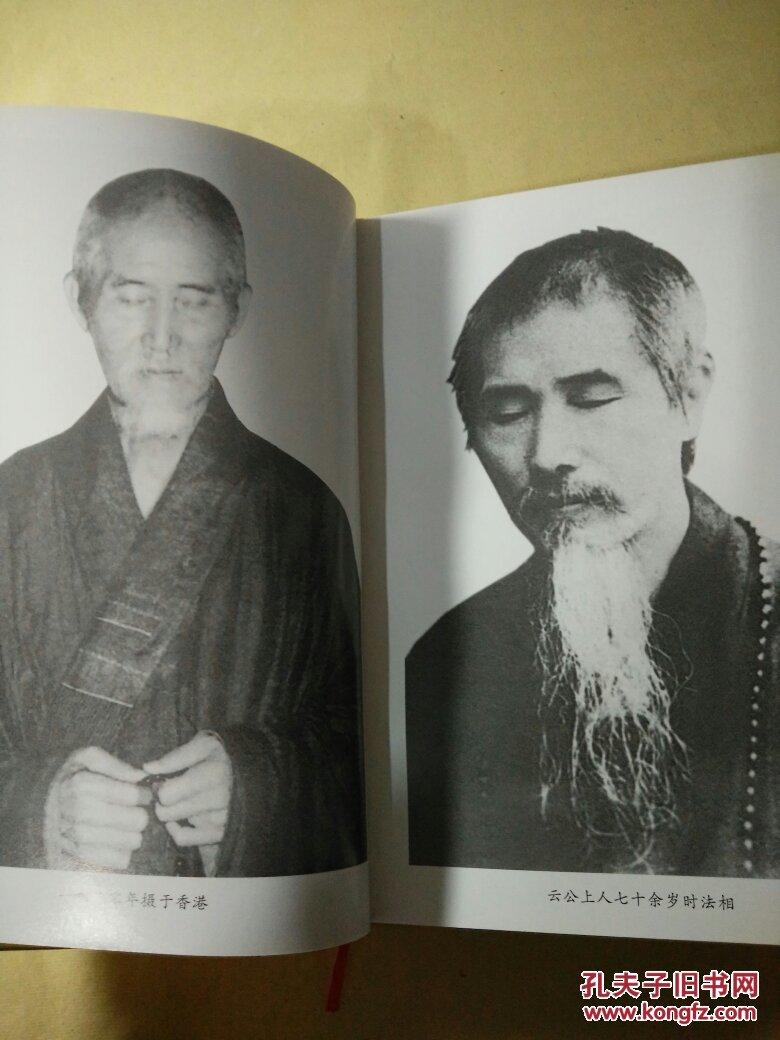
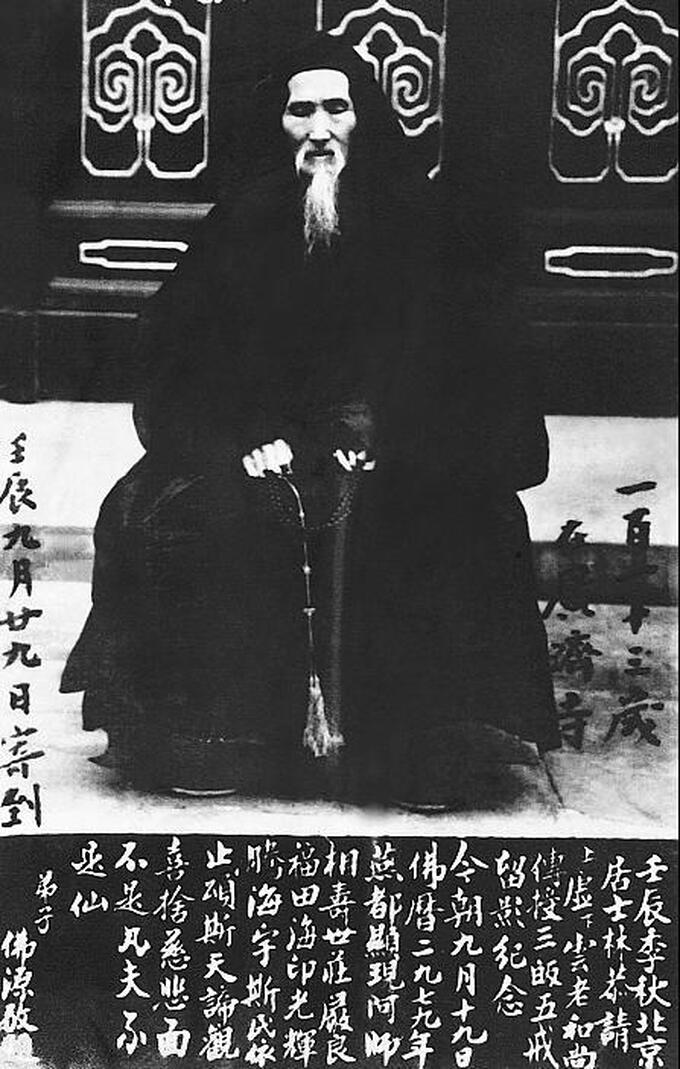
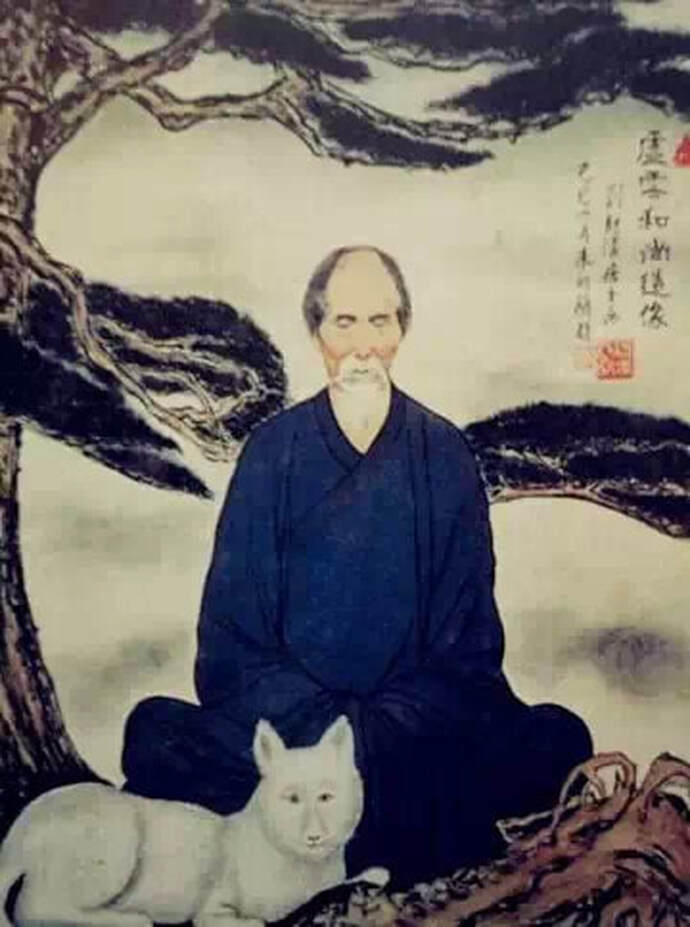
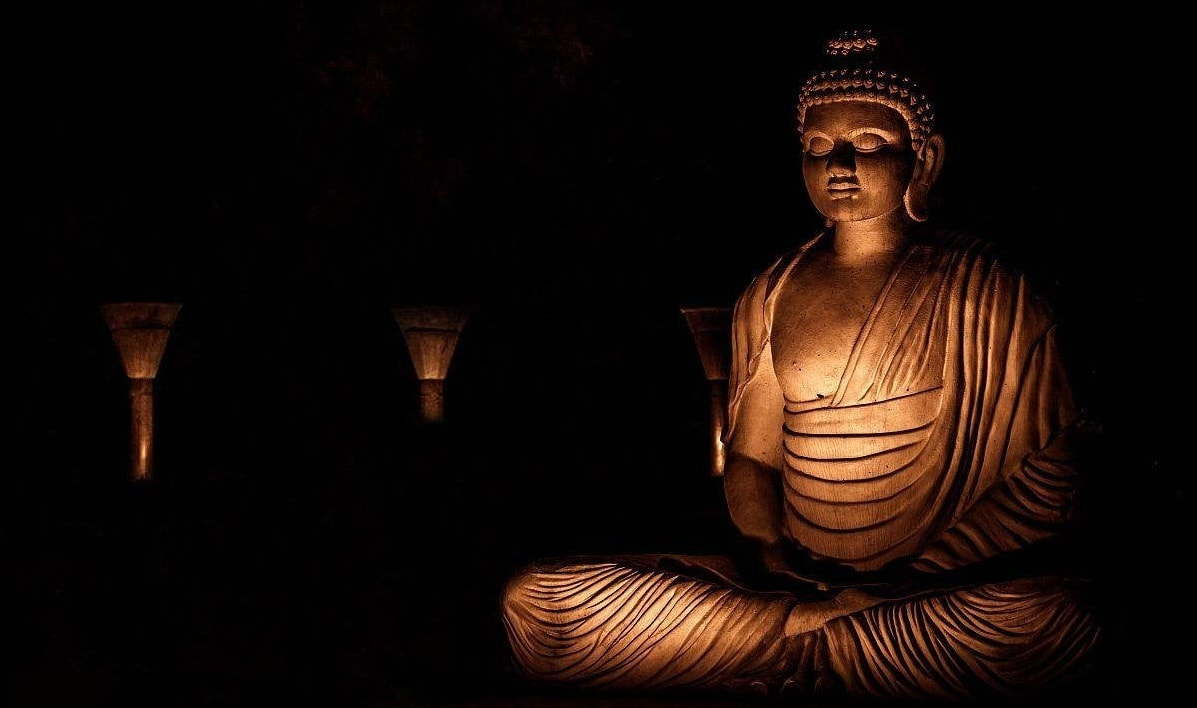
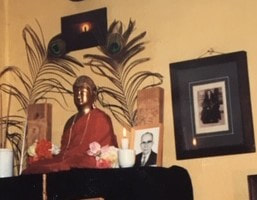
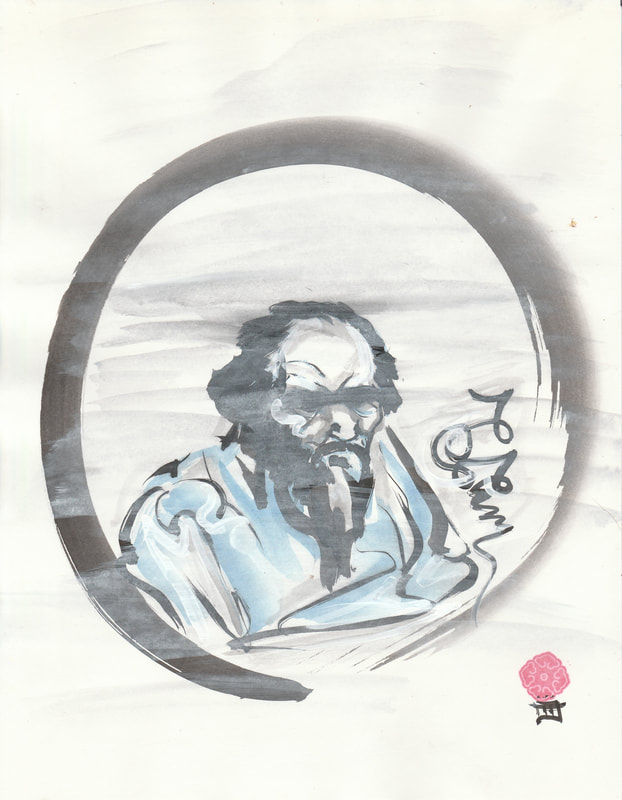
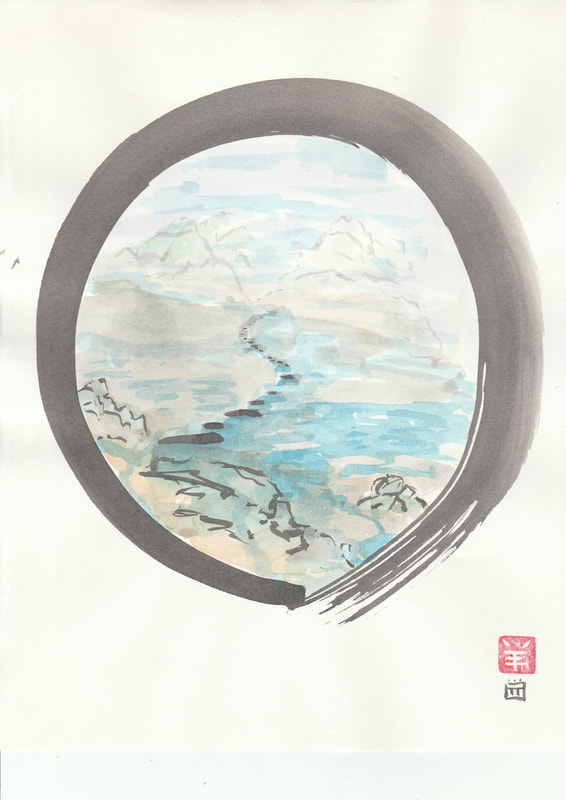
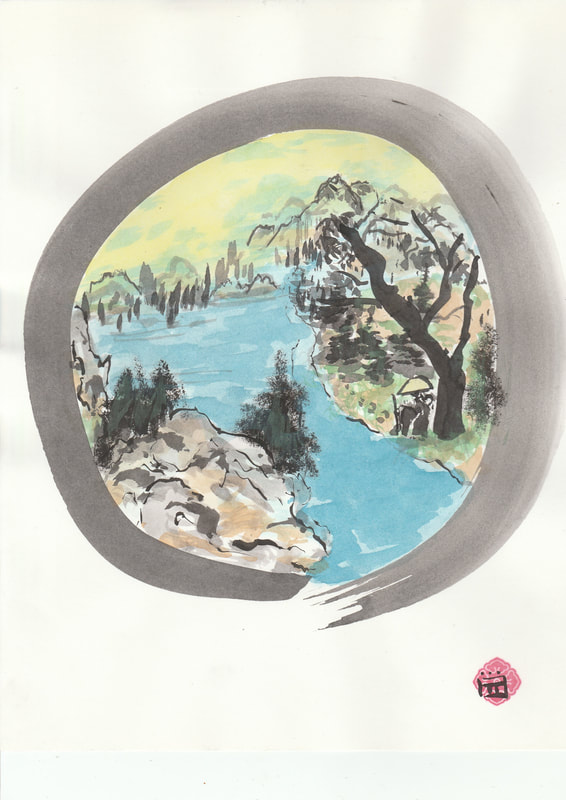
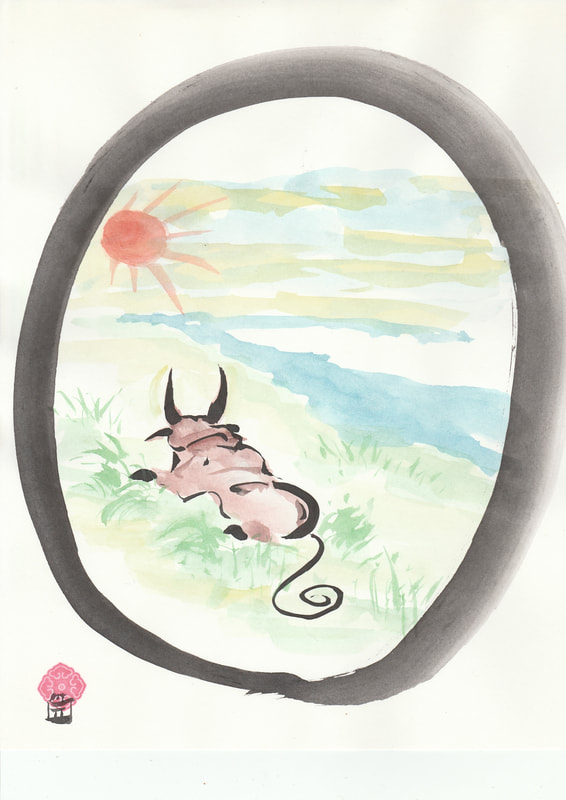
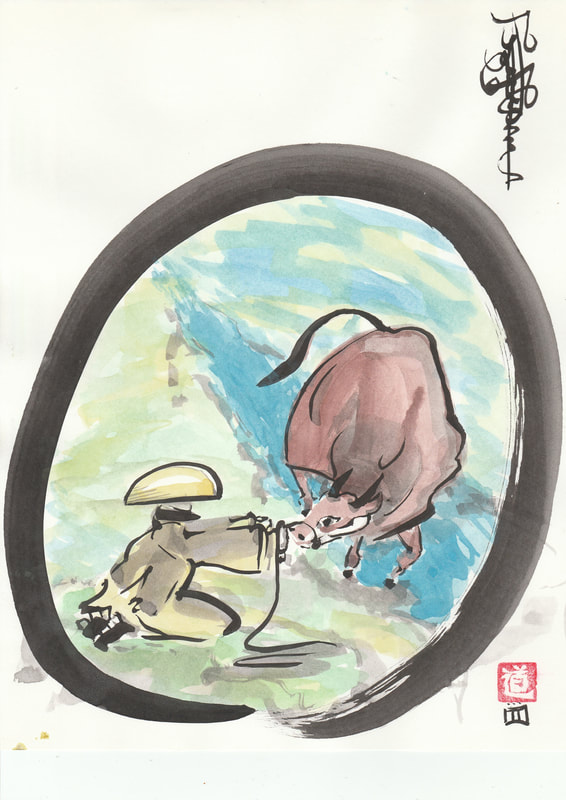
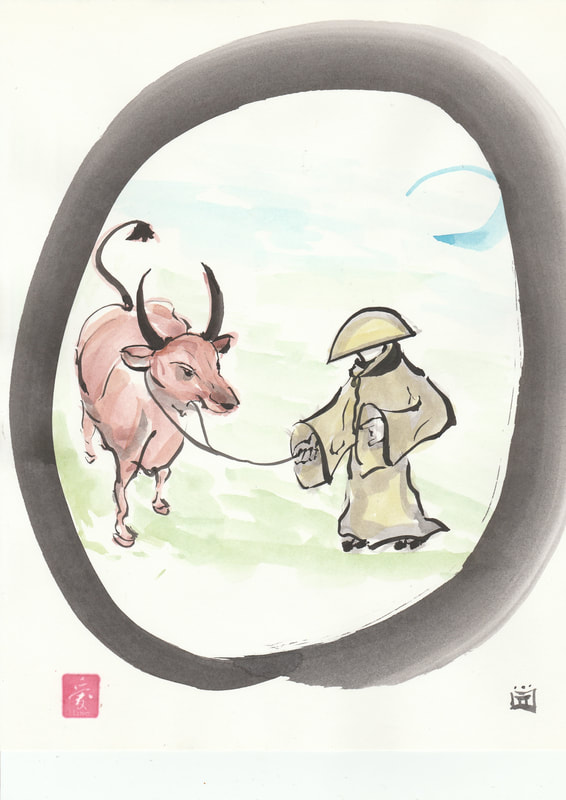
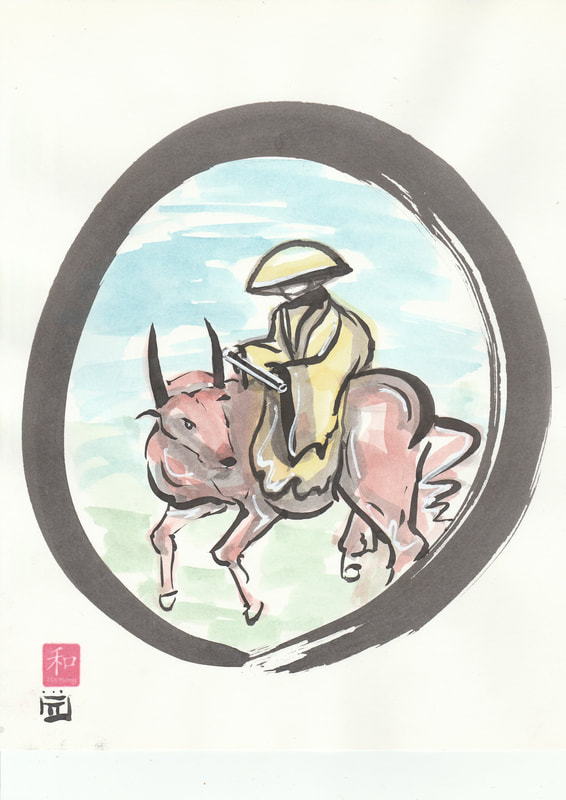
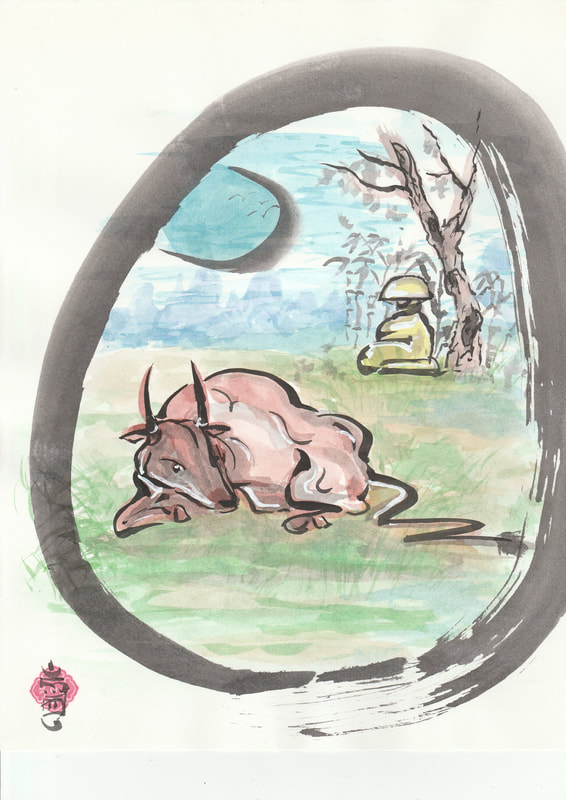
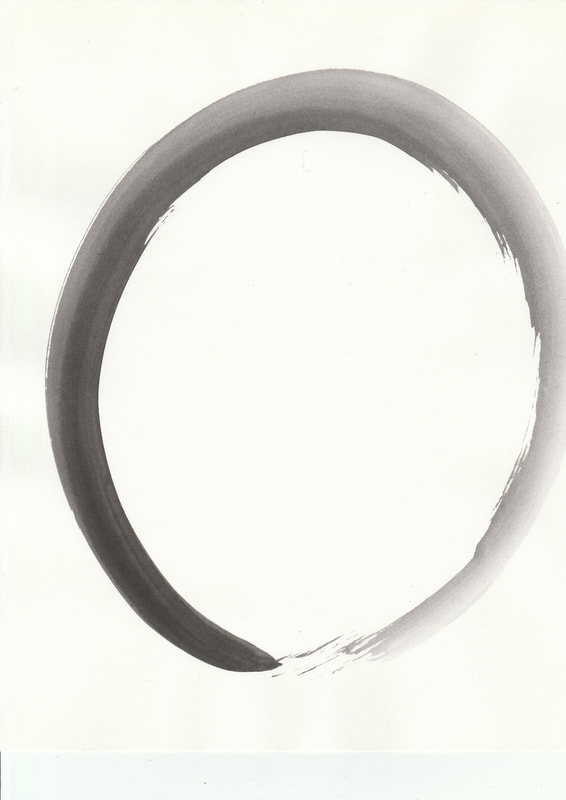
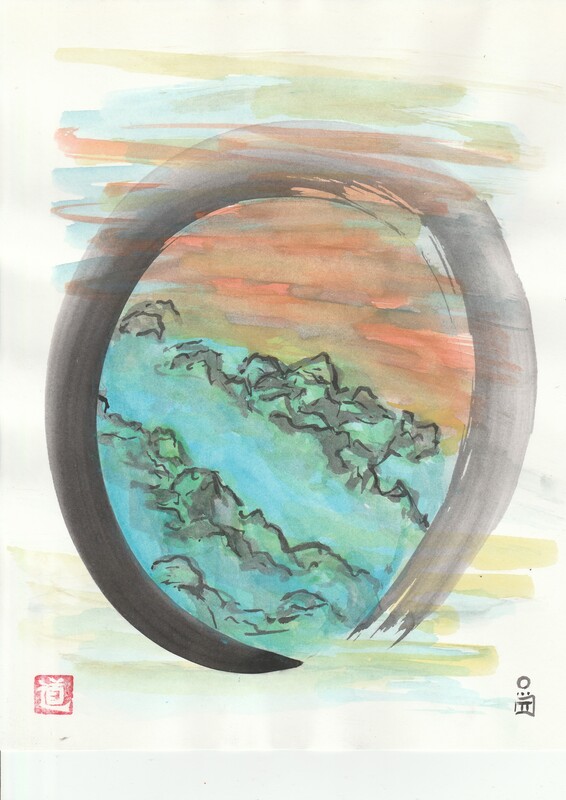
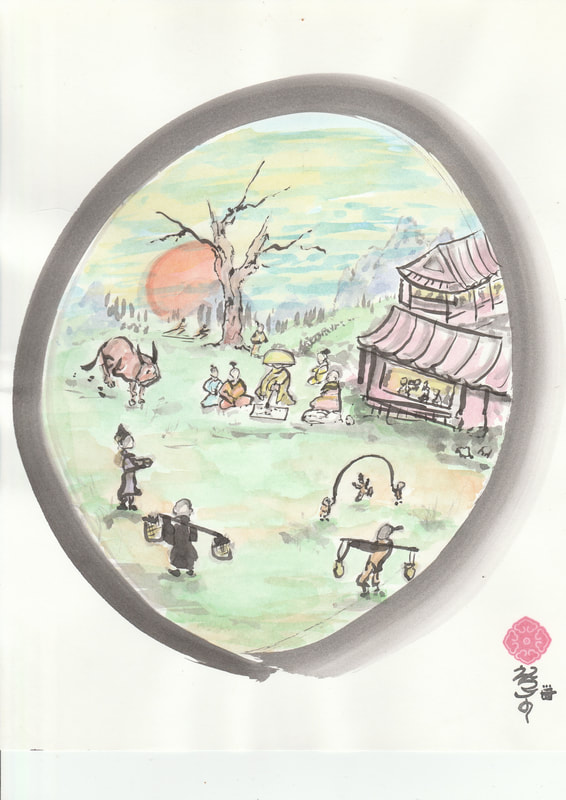
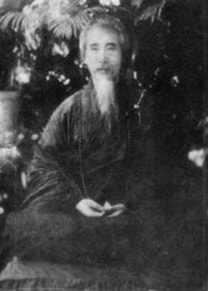
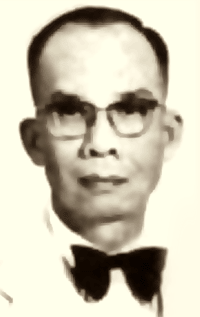
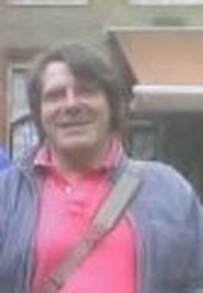
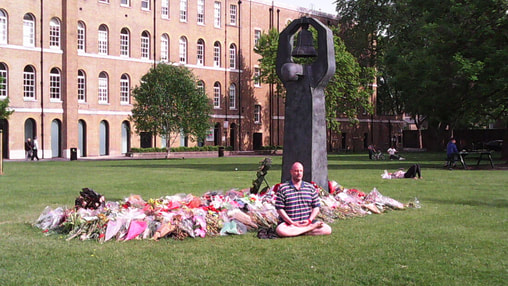
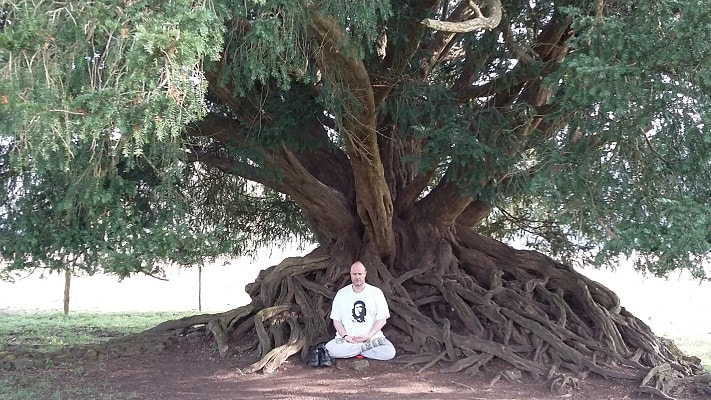
 RSS Feed
RSS Feed